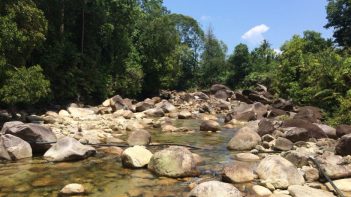The RSPO Secretariat has approved the revised Papua New Guinea NI (PNG NI) document on 15th August 2017. PNG NI 2017, as it is known, is based on the RSPO P&C 2013 and supersedes PNG NI 2015 (version dated on 21st March 2016) which has been used for certification of plantations and mills in Papua New Guinea.
PNG NI 2017 has been developed by a task force following the requirement stated in Annex 1a of the RSPO Certification System (2007) (amended 2011) document.
Following procedures, the draft document produced has been reviewed by the RSPO Secretariat for its consistency with P&C 2013.
The approved document is effective immediately. Certification bodies (CBs) and RSPO member companies are strongly encourages to start using PNG NI 2017 for any new audits as well as annual surveillance audits (ASAs). It is compulsory for all audits and ASAs carried out from 14th October 2017 to be based on the PNG NI 2017.
The PNG NI 2017 document is available here (https://rspo.org/resources/key-documents/certification/rspo-national-interpretations).
For further clarification, please contact Mr. Salahudin Yaacob, Technical Director ([email protected]) or Mr Jan Van Driel, Head of Certification ([email protected]).
Keep reading
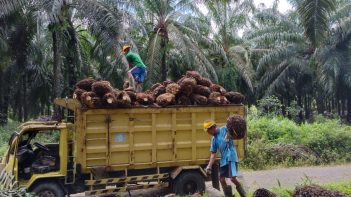
From boycotts to inclusion: Is sustainable palm oil (finally) the way forward?

REMINDER: Submission Deadline for RSPO Annual Communication of Progress (ACOP) 2024

Registrations Open for Europe SPOD 2025
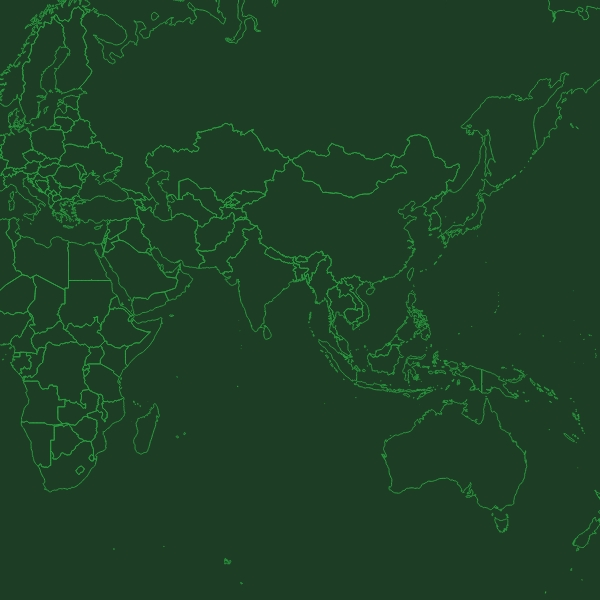
RSPO: Why We've Launched a New Agile Traceability System for Palm Oil
Terms of Reference for Consultant Support of the Grower Incentives Task Force (GITF) for the Implementation of Resolution GA21-2d
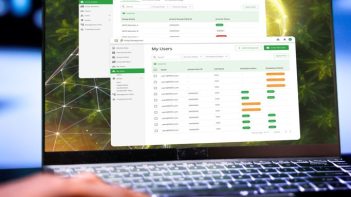
Operational Requirements in prisma

Championing Women Leaders in Sustainable Palm Oil: A Conversation with Rukaiyah Rafik
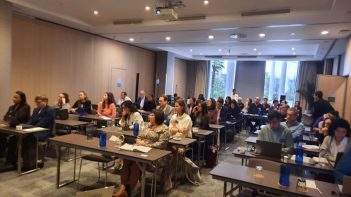
Europe’s Robust CSPO Uptake and EUDR Spotlighted at Fourth RSPO Members Meet Up in Madrid
